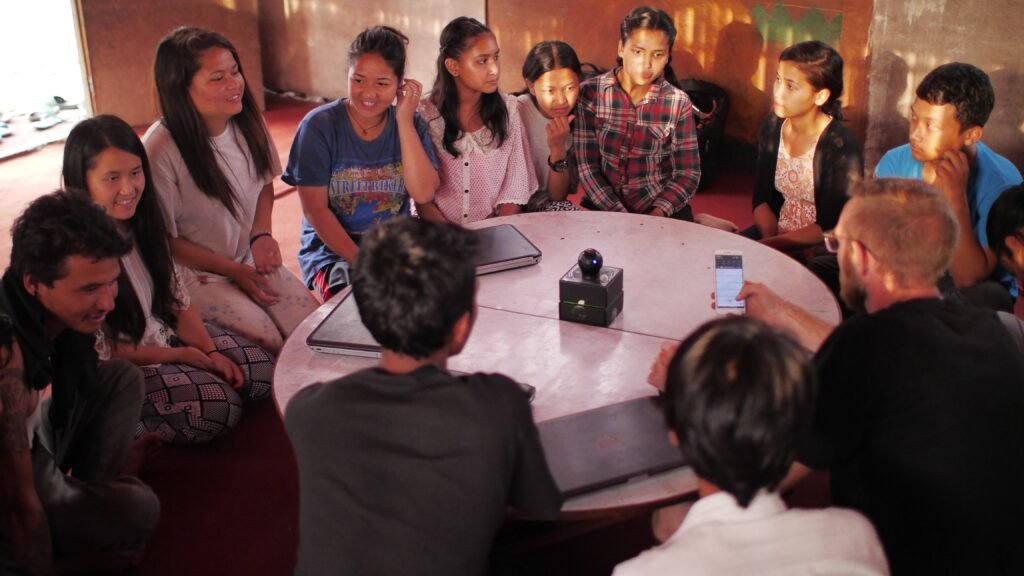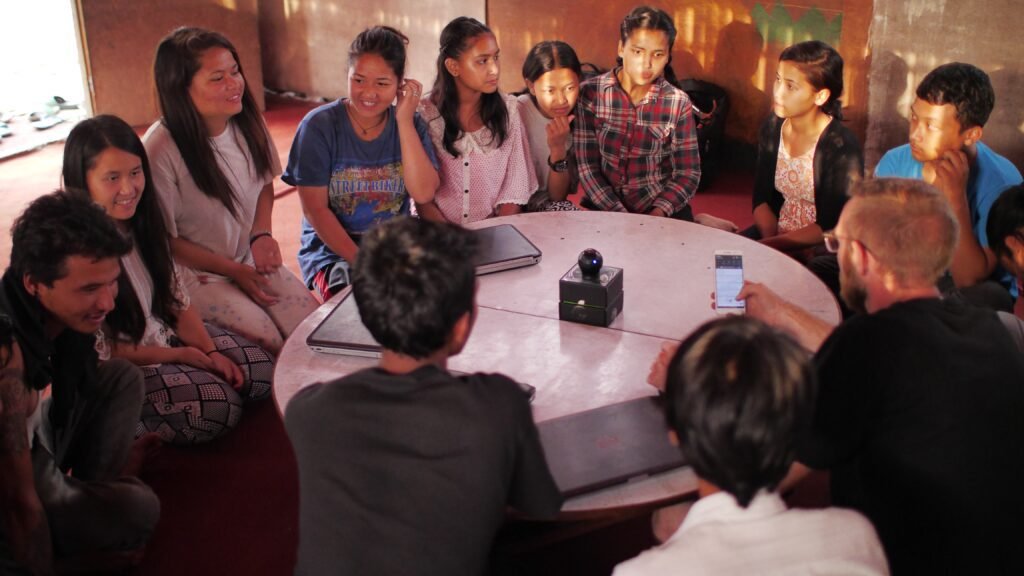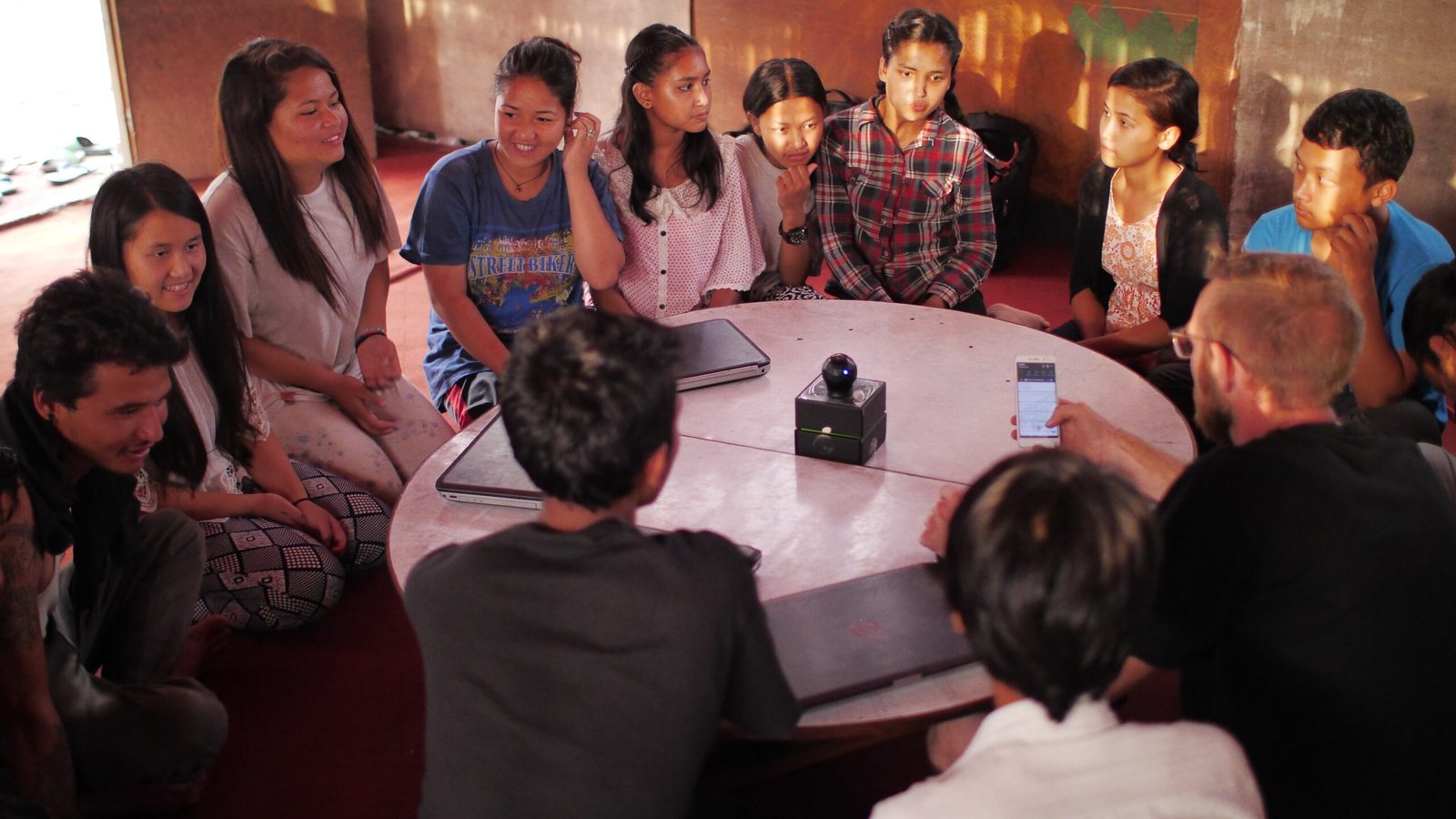Catholic Support Group
Imagine finding a community that not only shares your faith but also offers support during life’s challenges. That’s exactly what a Catholic Support Group aims to provide. This group offers a safe and welcoming space to discuss issues, seek guidance, and connect with individuals who understand and empathize with your experiences.
Whether you’re facing personal struggles, seeking spiritual advice, or simply looking for companionship, the Catholic Support Group is here to lend a helping hand. Join us as we navigate life’s journey together.
What is a Catholic Support Group?
Definition
A Catholic support group is a community of individuals who come together to offer emotional and spiritual support to one another, based on the principles and teachings of the Catholic faith. These groups provide a safe space where individuals can share their struggles, find comfort and guidance, and grow in their faith journey.
Purpose and Goals
The primary purpose of a Catholic support group is to provide individuals with the necessary support and resources to navigate through challenging life situations. These groups aim to foster emotional healing, spiritual growth, and a sense of community among their members.
The goals of a Catholic support group may vary depending on its specific focus, but common objectives include promoting emotional well-being, assisting in spiritual development, and cultivating a supportive network of individuals who share similar experiences and values.
Benefits of Joining a Catholic Support Group
Emotional Support
One of the significant benefits of joining a Catholic support group is the emotional support it provides. Through open and honest discussions, members can express their fears, anxieties, and struggles, knowing that they are in a non-judgmental and compassionate environment.
Sharing these experiences with others who understand can alleviate feelings of isolation and provide a sense of belonging. Having empathetic individuals to lean on during difficult times can help lift heavy burdens and offer solace and encouragement.

Spiritual Growth
Catholic support groups also offer a unique opportunity for spiritual growth. Members can explore and deepen their faith as they engage in discussions, prayer, and reflection together.
The group dynamics foster an environment where individuals can ask questions, seek guidance, and share insights into their relationship with God. This shared spiritual journey can lead to a deeper understanding of Catholic teachings, foster a stronger connection with God, and enhance personal faith practices.
Sense of Community
Belonging to a Catholic support group creates a strong sense of community among its members. The shared faith and common experiences create bonds that can last beyond the group meetings. This community aspect often extends beyond the support group itself and can lead to lasting friendships.
Knowing that you have a support network of like-minded individuals who genuinely care about your well-being can provide immense comfort and strength during both joyful and challenging times.
How to Find a Catholic Support Group
Parish Resources
Parishes are often a good starting point when looking for a Catholic support group. They typically provide a range of resources and may have support groups available for various needs, such as divorce recovery, grief support, or addiction recovery.
Contacting the parish office or speaking with a priest or pastoral minister can help you identify existing support groups within your local Catholic community.
Online Platforms
In today’s digital age, online platforms have become an increasingly popular way to connect with others, including within the Catholic community. Websites, forums, and social media groups dedicated to Catholic support can be an excellent resource for finding virtual support groups. These platforms allow individuals from different locations to come together, share experiences, and provide support regardless of physical proximity.

Local Community
Apart from parish resources and online platforms, there may be other avenues within your local community to find a Catholic support group. Catholic schools, universities, or community organizations often have support groups or resources available.
Additionally, reaching out to local Catholic counseling centers or mental health professionals who align with Catholic values can help connect you to existing support groups or provide guidance on forming a new one.
Guidelines for Participating in a Catholic Support Group
Respect for Confidentiality
Respecting the confidentiality of fellow group members is essential in creating a safe and trusting environment within a Catholic support group. Members should understand that personal stories, struggles, and experiences shared in the group setting should remain confidential.
This helps foster an atmosphere where individuals can feel comfortable being vulnerable and seeking the support they need without fear of judgment or compromise of privacy.
Active Listening
Active listening is a fundamental skill in participating effectively in a Catholic support group. It involves giving one’s full attention to the speaker, demonstrating empathy, and refraining from interrupting or offering unsolicited advice.
By truly listening, members can better understand and validate each other’s experiences, providing the support and validation that is often needed during challenging times.
Empathy and Compassion
Displaying empathy and compassion towards fellow group members is crucial in maintaining a supportive and nurturing environment.

Each individual in the group is going through their unique struggles, and showing genuine care and understanding can make a significant difference.
Offering words of encouragement, validating emotions, and demonstrating compassion towards others can foster an atmosphere of shared healing and growth.
Different Types of Catholic Support Groups
Divorce Recovery
For individuals going through divorce, a Catholic divorce recovery support group can provide a safe space to heal emotionally and spiritually.
These groups typically incorporate Catholic teachings into their sessions and offer guidance on navigating the challenges associated with divorce, such as forgiveness, co-parenting, and rebuilding one’s life in accordance with Catholic values.
Addiction Recovery
Catholic support groups for addiction recovery aim to provide individuals with a faith-based approach to overcoming substance abuse or addictive behaviors. These groups offer a combination of support, accountability, spirituality, and the understanding of Catholic values to assist individuals in their journey toward recovery.
Grief Support
Grief support groups within a Catholic context allow individuals to mourn the loss of a loved one while receiving spiritual and emotional support from fellow Catholics. These groups typically follow Catholic traditions surrounding death and bereavement, offering prayers, scripture readings, and reflections on the process of grieving.
Applying Catholic Teachings in Support Group Settings
Prayer and Reflection
Catholic support groups often incorporate prayer and reflection into their meetings. Members may begin or close each session with a group prayer, offering intentions for the individual’s needs.
Prayer can provide solace, connect members to their faith, and invite God’s guidance and strength into their lives. Group reflection on Catholic teachings, scripture, or personal experiences also allows individuals to integrate their faith into their healing process.
Sacraments and Spiritual Exercises
Participating in Catholic support groups can serve as an opportunity to deepen one’s involvement in the sacraments and spiritual exercises. These groups may encourage regular reception of the sacraments, such as Reconciliation and the Eucharist, as well as promote spiritual exercises like daily prayer, spiritual reading, or acts of charity.
By incorporating these practices into their lives, members can experience spiritual growth and draw closer to God.
Incorporating Catholic Traditions
Catholic support groups often incorporate various traditions and customs of the Catholic faith in their activities. These may include celebrating feast days, participating in Mass together, or observing liturgical seasons. Incorporating these traditions deepens the sense of Catholic identity within the group and provides opportunities for shared prayer, reflection, and growth as a community.

Examples of Catholic Support Group Activities
Praying the Rosary Together
Praying the Rosary as a group is a common activity in Catholic support groups. By reciting the prayers together, members can find unity, peace, and strength. The Rosary serves as a powerful tool for meditation, contemplation, and seeking the intercession of the Blessed Virgin Mary.
Bible Study and Scripture Sharing
Engaging in Bible study and scripture sharing allows Catholic support group members to reflect on God’s Word and apply it to their personal experiences. By delving into scripture together, individuals can gain insight, find comfort, and discover guidance for their journeys.
Retreats and Pilgrimages
Catholic support groups often organize retreats and pilgrimages as a way to deepen their faith and bond as a community. These activities provide an opportunity for members to step away from their everyday lives, reflect on their spiritual journey, and strengthen their connection with God and fellow group members.
Importance of Professional Guidance in Catholic Support Groups
Engaging a Spiritual Director
Having the guidance of a trusted spiritual director within a Catholic support group can be invaluable. A spiritual director can provide insights, wisdom, and support grounded in Catholic teachings, helping individuals navigate their faith and personal struggles. They can offer guidance on incorporating Catholic practices into daily life and help members discern God’s will for their lives.
Collaboration with Mental Health Professionals
In addition to spiritual guidance, collaboration with mental health professionals is essential to the well-being of individuals within Catholic support groups. Mental health professionals can offer expertise in addressing emotional and psychological needs, ensuring a holistic and comprehensive approach to support. Collaborating with professionals who understand the intersection of mental health and Catholic teachings can provide additional guidance and resources to group members.
Success Stories from Catholic Support Groups
Overcoming Addiction
Catholic support groups have played a crucial role in helping individuals overcome addiction. Through the support, spiritual guidance, and accountability provided by these groups, many individuals have found the strength and resources necessary to break free from addictive behaviors and lead healthy, fulfilling lives rooted in their Catholic faith. These success stories stand as a testament to the transformative power of community and faith.
Rebuilding Marriages
Catholic support groups focused on marriage and relationship reconciliation have brought healing and restoration to countless couples. By providing a space to share struggles, receive guidance, and pray together, these groups have played an instrumental role in renewing and strengthening marriages following Catholic teachings.

Finding Hope in Times of Loss
Grief support groups within a Catholic context have been instrumental in helping individuals find hope and healing after the loss of a loved one. By providing a community where individuals can share their grief, receive encouragement, and connect with their faith, these groups offer solace and support during one of life’s most challenging seasons.
Maintaining Privacy and Anonymity in Catholic Support Groups
Confidentiality Agreements
Maintaining privacy and anonymity within a Catholic support group is crucial to creating a safe and trusting environment. Confidentiality agreements, where members commit to keeping shared information private, can be established to establish clear boundaries and expectations of confidentiality. These agreements help build trust and ensure that individuals feel secure in sharing their personal experiences and struggles.
Keeping Personal Information Secure
Catholic support groups should take precautions to protect the personal information shared by their members. Measures can include securely storing and handling any documents or records containing personal information, using secure online platforms for virtual groups, and ensuring that only authorized individuals have access to sensitive information. By prioritizing privacy and security, support groups create an environment where members feel respected and valued.






